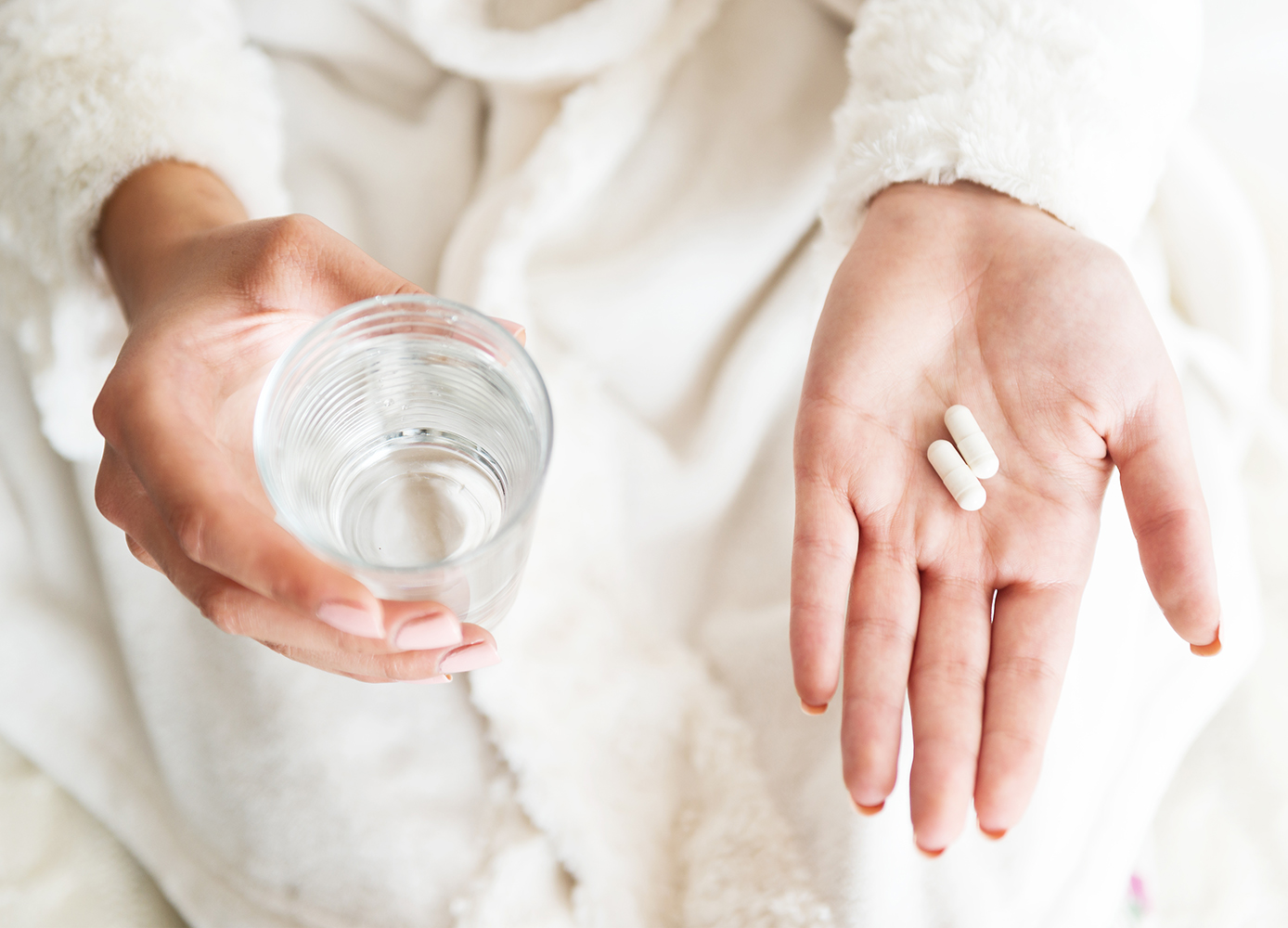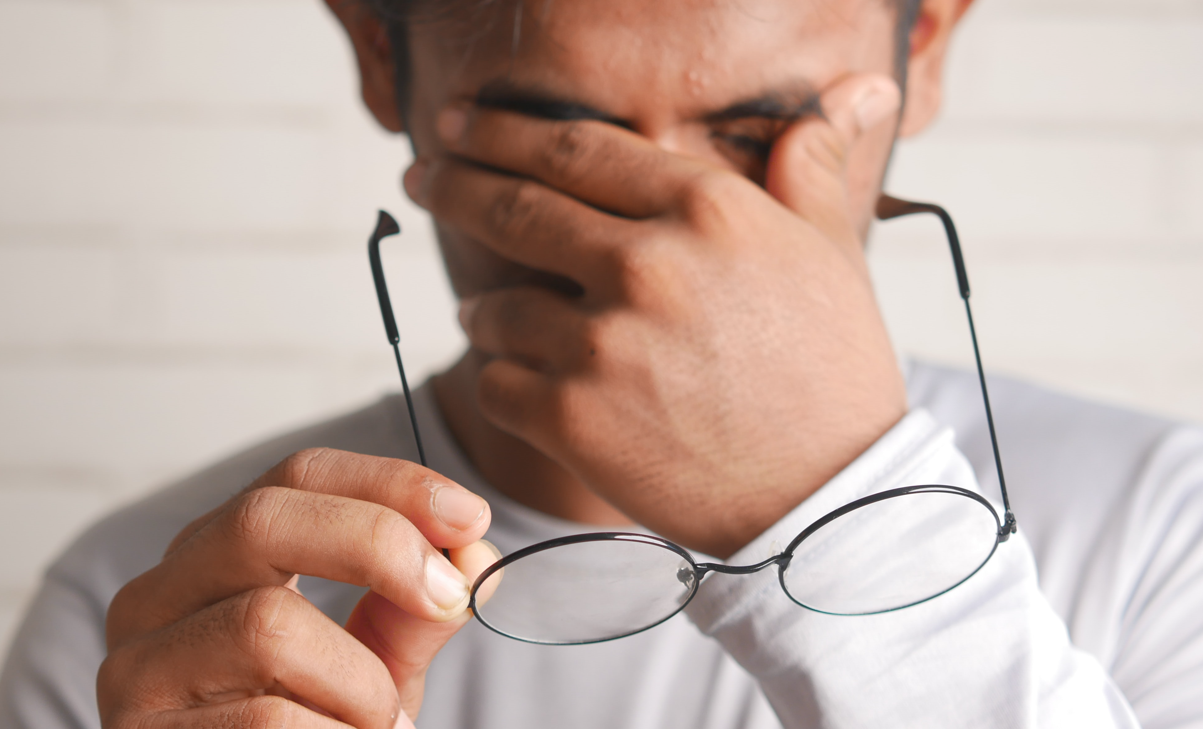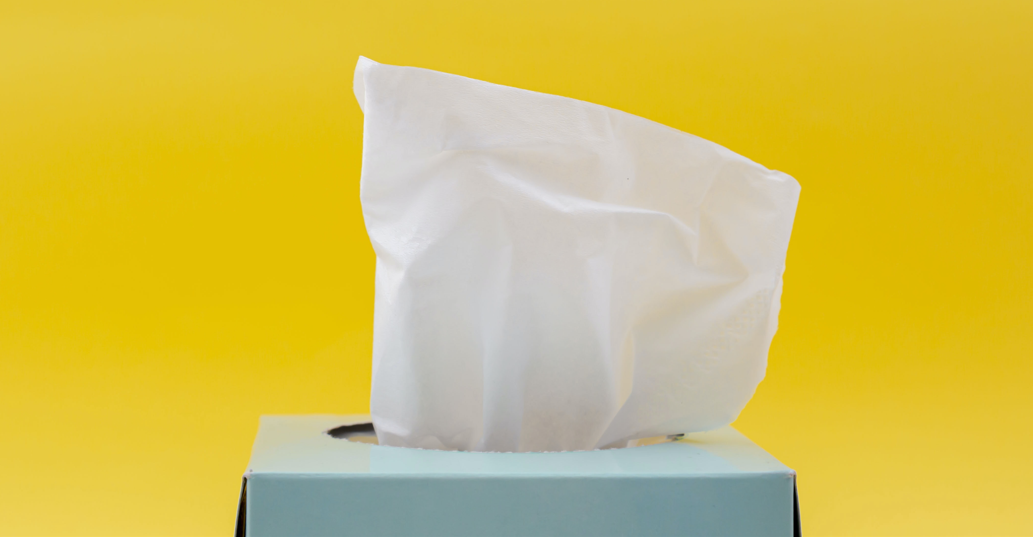The more drugs you take that list depression as a possible side effect, the greater your risk, according to a new study
By Katrina Caruso
That some drugs can cause depression is not news, but a US study has found that the use of such drugs is widespread and growing. Overall, more than 37% of American adults regularly take at least one prescription medication that has depression as a possible side effect, according to study results published in JAMA in June, and scientists reported finding that the more such drugs a person was taking, the more likely he or she was to be depressed.
Researchers looked at nationally representative data from more than 26,000 men and women (51% women) aged 18 or older (with a mean age of 46.2). The data were compiled for the US National Health and Nutrition Examination Survey over five two-year cycles between 2005 and 2014.
Over the period studied, the percentage of those taking medications that can cause depression rose from 35% to 38.4%, and the percentage of those taking three or more grew from 6.9% to 9.5%. The prevalence of depression among those taking three or more was an estimated 15%—compared with a prevalence of 4.7% among people not taking such drugs. The risk increased with each additional drug.
Researchers adjusted for other things that can cause depression, such as poverty, unemployment, and chronic medical conditions.
There are currently about 200 prescription (and even some over-the-counter) drugs available to the public that list depression as a possible side effect, including medications that treat acid reflux and high blood pressure, some birth control pills, the higher doses of ibuprofen available with a doctor’s prescription.
In presenting the results, doctors noted the the importance of doctors keeping such side effects in mind and asking about any history of depression.
Photo: iStock/Tijana87.





